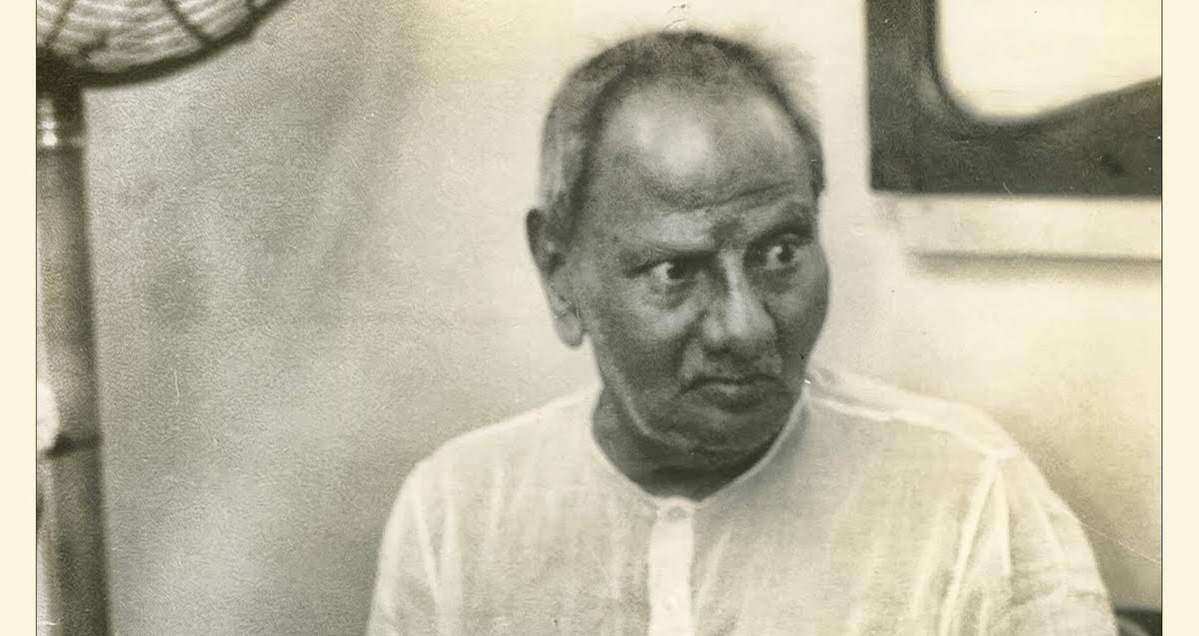Nisargadatta Maharaj
During your entire lifetime, you do not have any permanent identity. Whatever you consider yourself to be changes from moment to moment. Nothing is constant.
If you really want to understand this, you must give up your identification with the body. By all means, make use of the body, but don’t consider yourself to be the body while acting in this world. Identify yourself with the consciousness, which dwells in the body; with that identity, you should act in the world. Will it be possible?
So long as you identify yourself as the body, your experience of pain and sorrow will increase day by day. That is why you must give up this identification, and you should take yourself as the consciousness. If you take yourself as the body, it means you have forgotten your true Self, which is the atman. And sorrow results for the one who forgets himself.
When the body falls, the principle which always remains is You. If you identify yourself with the body, you will feel that you are dying, but in reality there is no death because you are not the body. Let the body be there or not be there, your existence is always there; it is eternal.
Now who or what has heard my talk? It is not the ear, not the physical body, but that knowledge which is in the body; that has heard me. So identify yourself with that knowledge, that consciousness. Whatever happiness we enjoy in this world is only imaginary. The real happiness is to know your existence, which is apart from the body.
You should never forget the real identity that you possess. Consider a patient on his deathbed, certain to die. Now when he first comes to know of his disease, say cancer, he gets such a shock that it is permanently engraved in his memory. Like that, you should never forget your true nature — the true identity I have told you about.
A patient who is suffering from cancer is, as it were, all the time silently chanting “I’m dying from cancer”; and that chant proceeds without any efforts. Similarly, in your case: Take up that chant “I am consciousness.” That chant, too, should go on without any effort. One who is constantly awake in his true nature — having this knowledge about himself — is liberated.
A patient suffering from terminal cancer always remembers his state and ultimately undergoes that very end; so much is certain. Similarly, one who remembers that he is the knowledge, that he is the consciousness, has that end, he becomes the Parabrahman.
So if you are about to photograph this land, I would say, no don’t photograph… take a photograph of it but without land. Whatever is Bombay, take a photograph of that and show me. Can you?
So that is like photographing yourself without the body. You are that, like Bombay. Remembering that you are the consciousness should be without any effort. When you say “I,” don’t refer to this body’s “I,” but to that “I” which represents this consciousness. The consciousness is “I,” and make use of this knowledge when you act.
What should be your ultimate conclusion after reading a lot, doing sadhana and listening to these talks? It is that the hearer, the knower, is not concerned with the upadhi — that is, the body, mind and consciousness — and that he is separate from this upadhi that has come upon him.
Excerpted from ‘The Ultimate Medicine’, edited by Robert Powell. The 124th birth anniversary of Nisargadatta Maharaj was observed on April 17.







